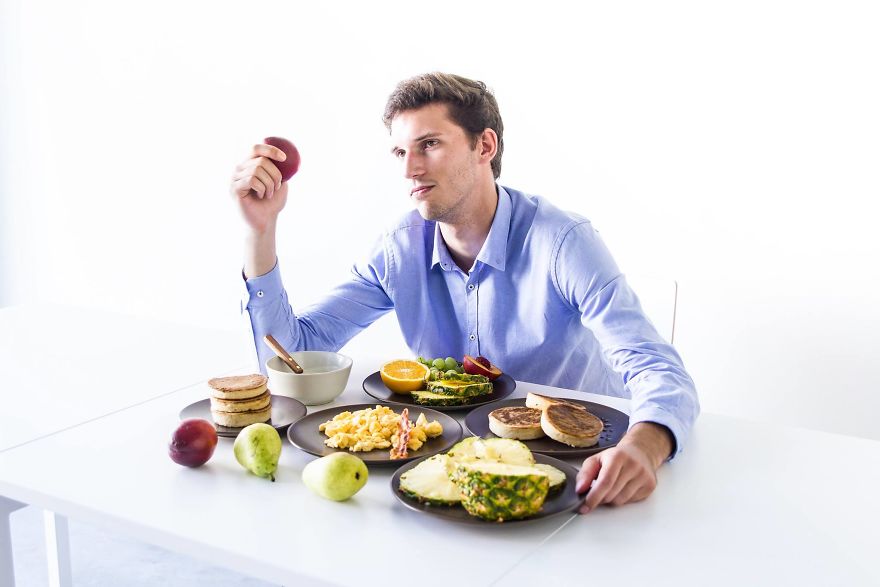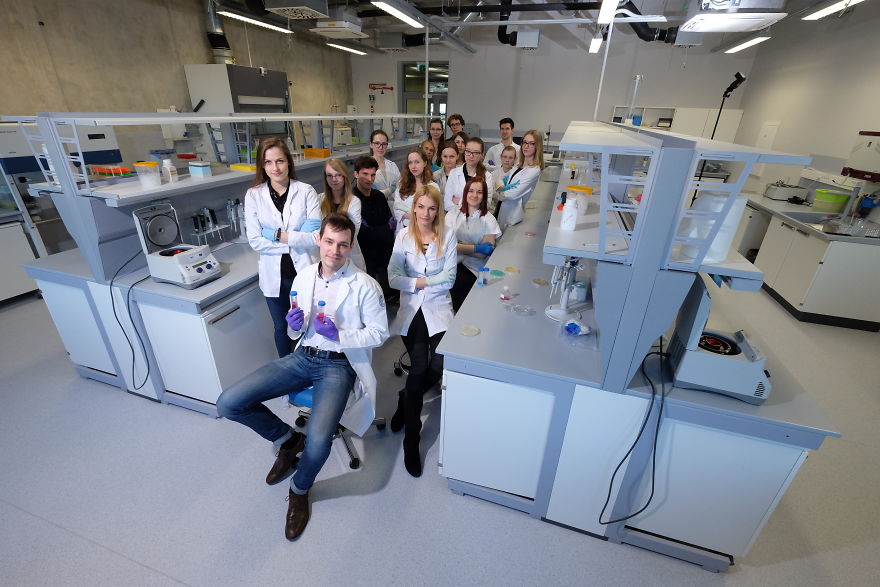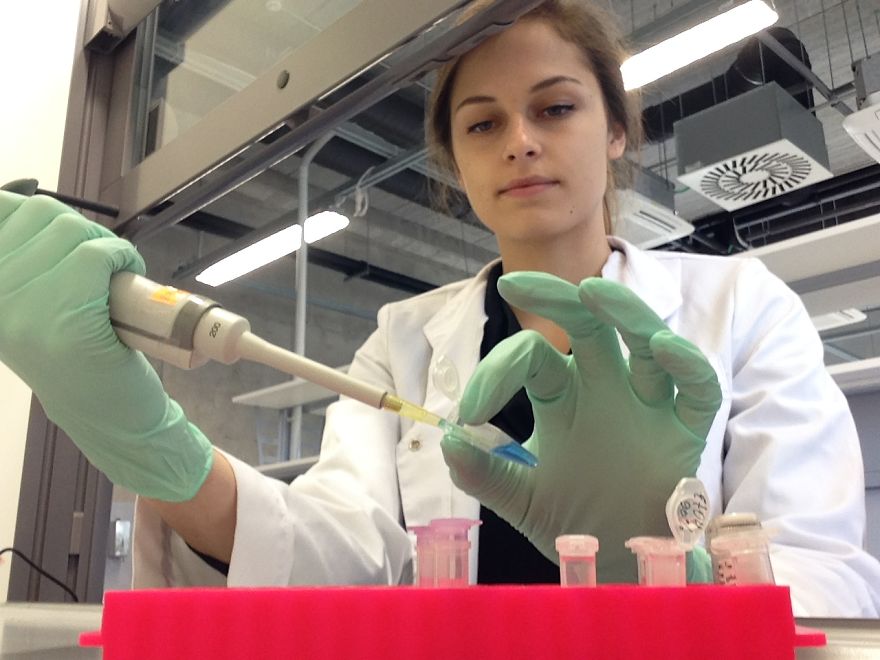
We Are Designing A New Kind Of Bacteria That Cure Disease
You are not alone. No, literally… Almost since your birth you have been living alongside numerous little fellows who have found shelter in your body, mostly in your digestive tract. And I say “fellows” because gut bacteria are truly beneficial. For example, they offer protection from other pathogenic microorganisms. I feel it is safe to say that friends (or fellows) are the ones you can turn to whenever you need some help. It got us thinking: well, what if you could ask these bacteria for help whenever you need it?
This is how we came up with an idea of PheLoss (fellows, get it?). Our attention is focused on the genetic disease called phenylketonuria. Basically, people born with this disorder cannot process amino acid phenylalanine and must avoid it throughout their lives. The only problem is that this amino acid is found in almost every variety of food, such as fish, dairy products or meat. Imagine yourself having phenylketonuria and wanting to have some potato chips. Well, you can only eat 10 of them a day. Eat one more and you risk damaging your brain. Sticking to such regime can become a real challenge for the child who goes to school and sees his friends eating whatever they want. Therefore, it is obvious that some people fail, because limiting phenylalanine intake throughout your lifetime only sounds simple when written in textbooks.
Here we turn to our friendly gut bacteria. The idea is that if your body cannot process phenylalanine, it is possible that the bacteria living in your gastrointestinal tract could deal with it. And, in fact, this is what we are doing. We “upgraded” Bacillus subtilis, a species of common gut bacteria, to break down phenylalanine or absorb it as a sponge. Since phenylalanine is abbreviated as Phe and our bacteria help lose it, we called them PheLoss. All you need to do is take a pill of these fellows before meal and they will take care of the rest.
Using bacteria as a supplement is not a new thing. You may have heard about probiotics which can be found in yoghurt. However, programming them for a specific purpose opens whole new possibilities. For instance, similar approach could be used to control the level of glucose in people with diabetes (this disease affects roughly 420 million people in the world) making them forget the insulin shots.
More info: Facebook
To eat, or not to eat – that is the question people with phenylketonuria face (photo from our promotional video).
Our favourite place to meet, research and eat pizza afterwards (47 pizzas and counting so far).
Pure concentration is important to get results. Finding the strength to try again when you don’t get any results is essential.
335views
Share on Facebook





28
0